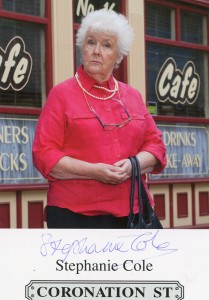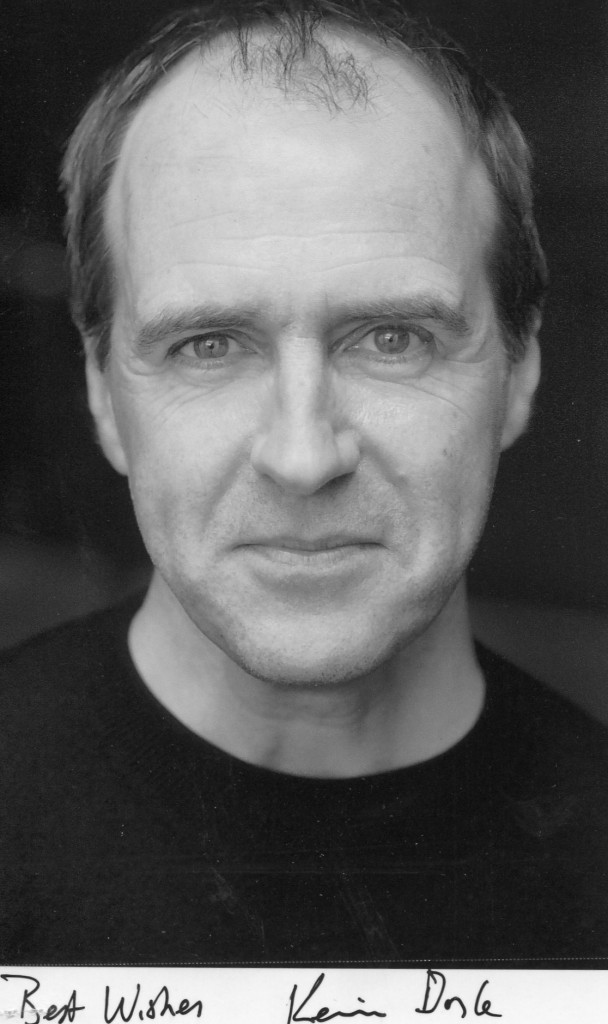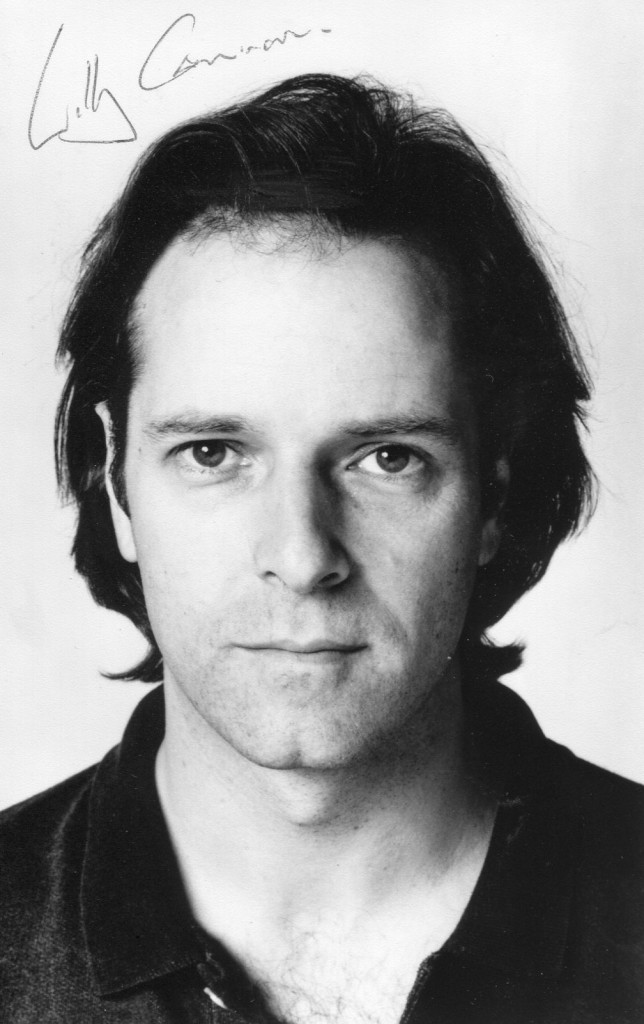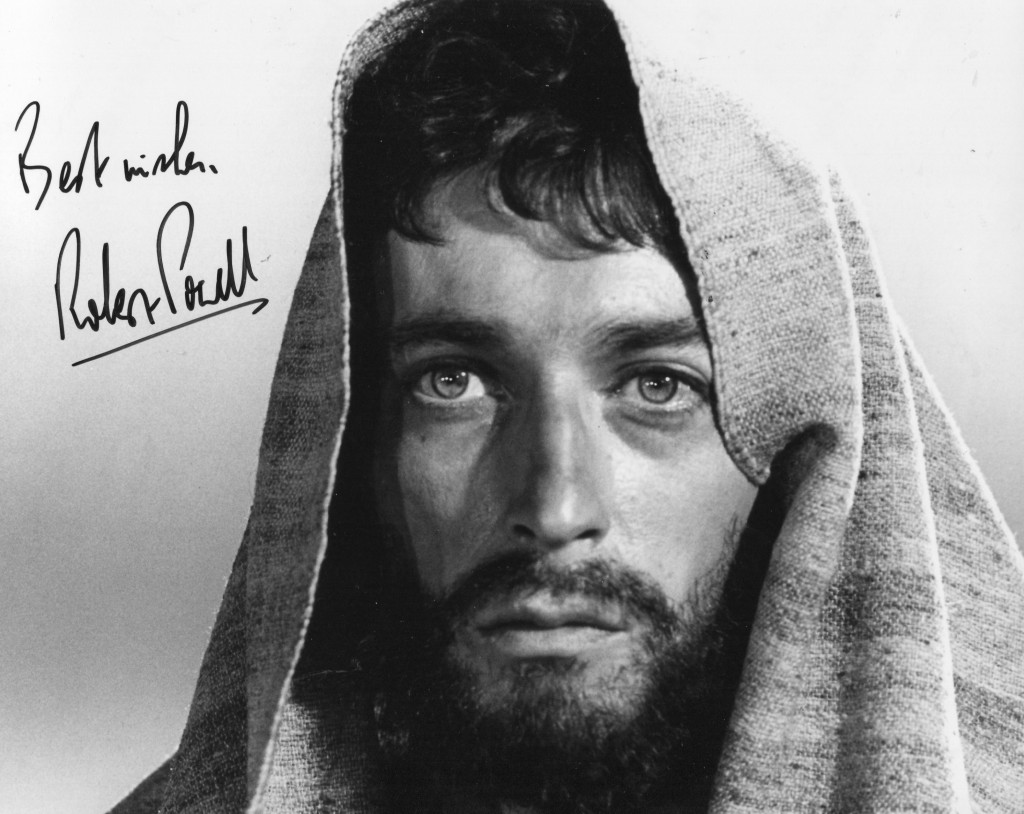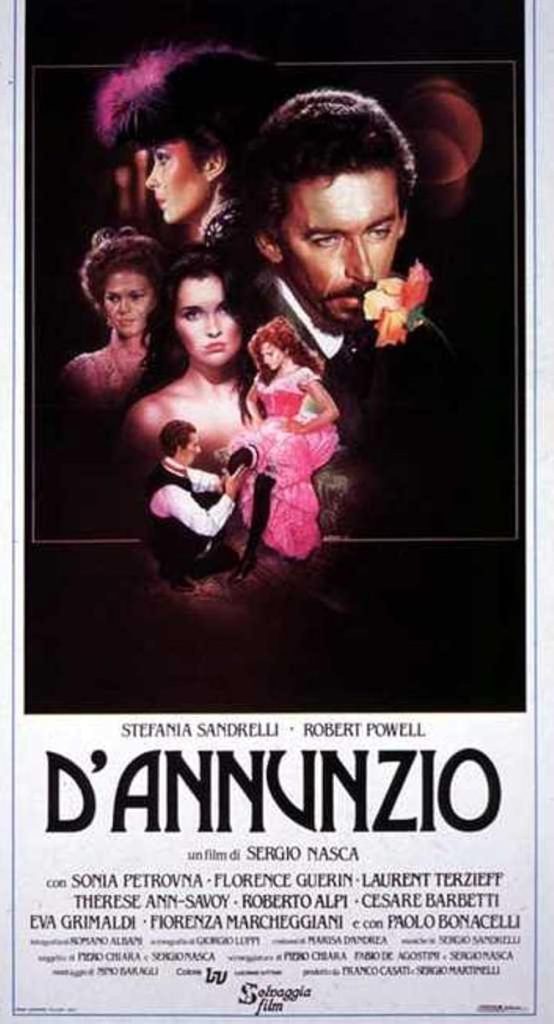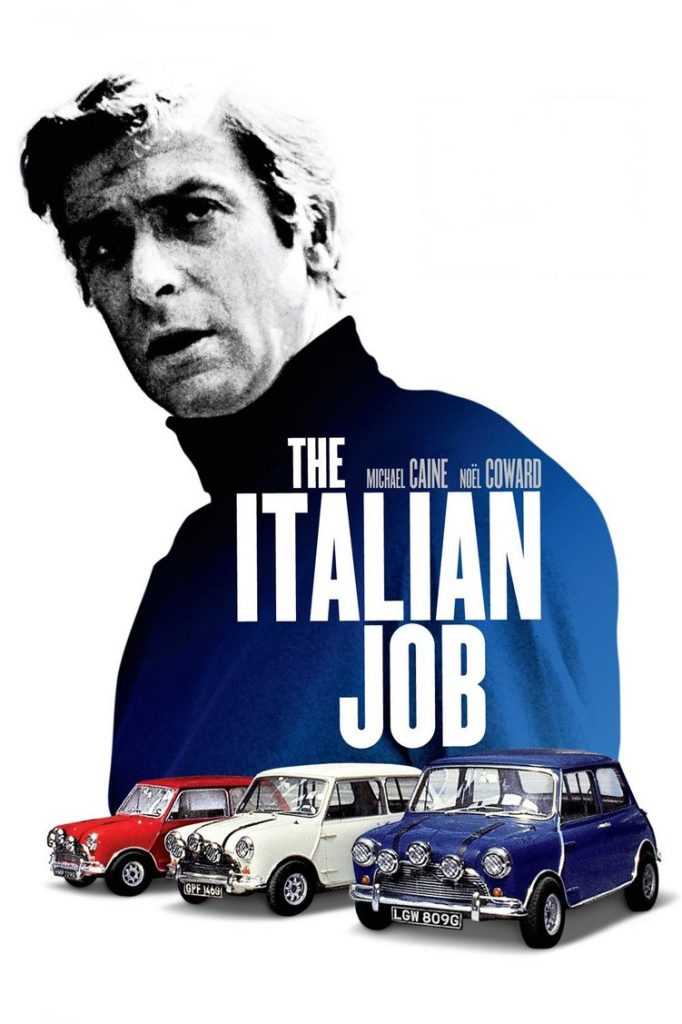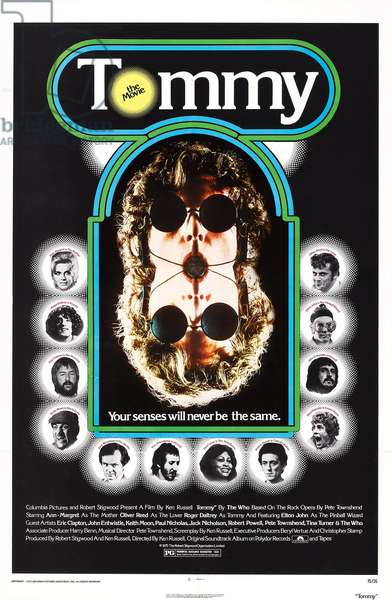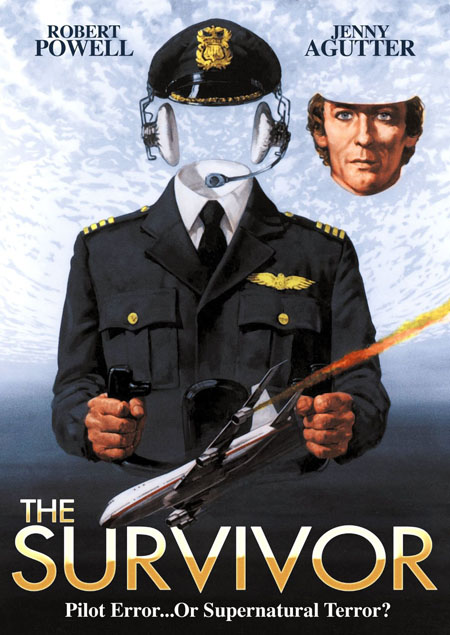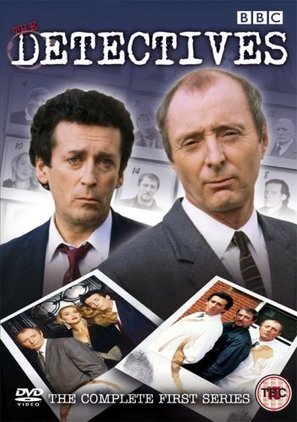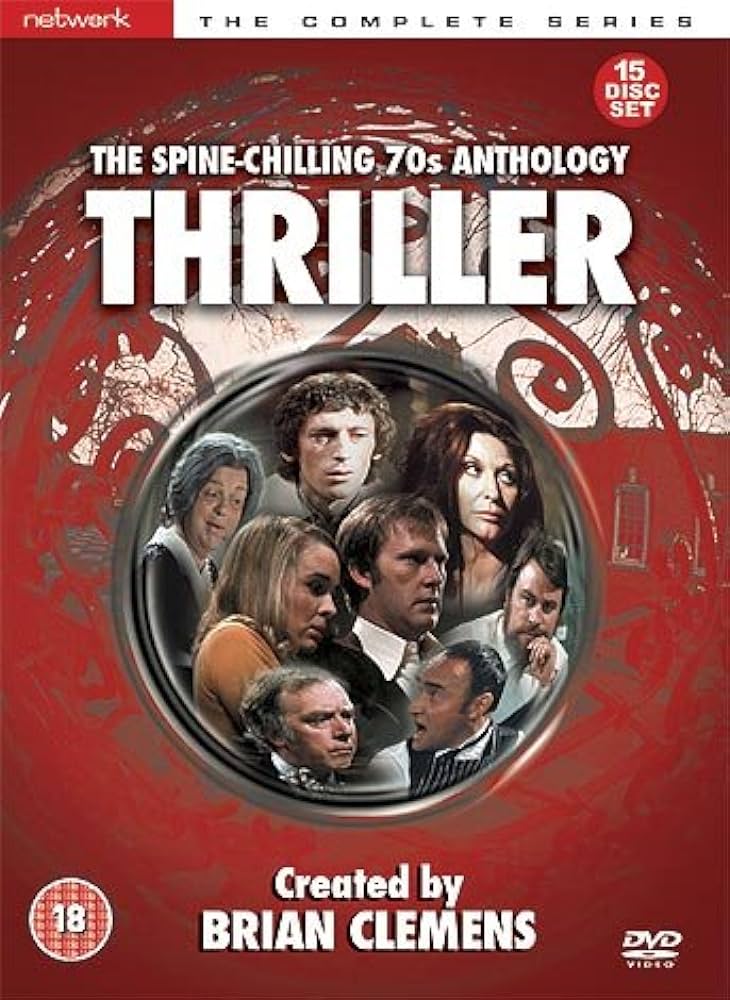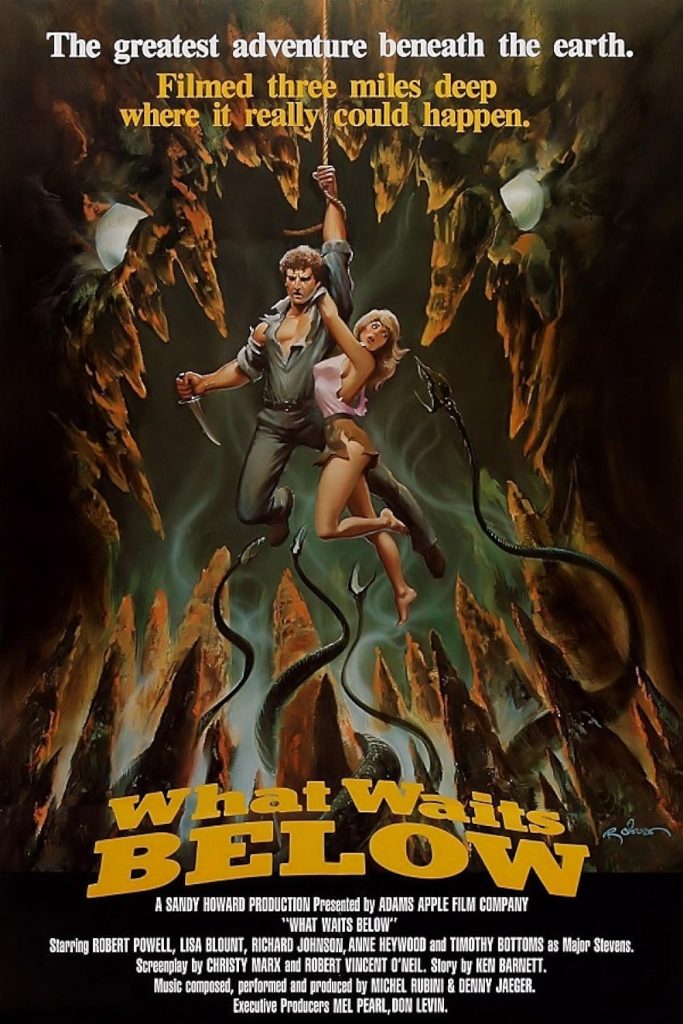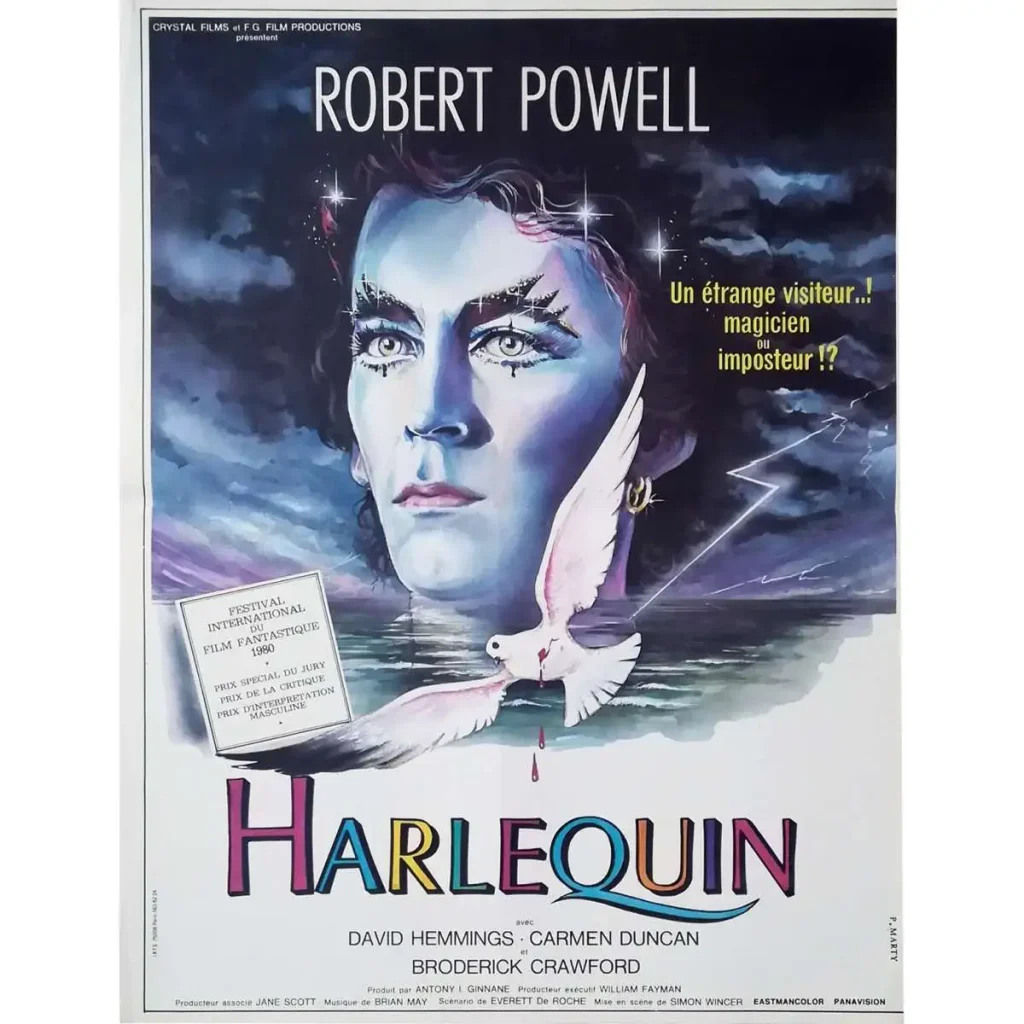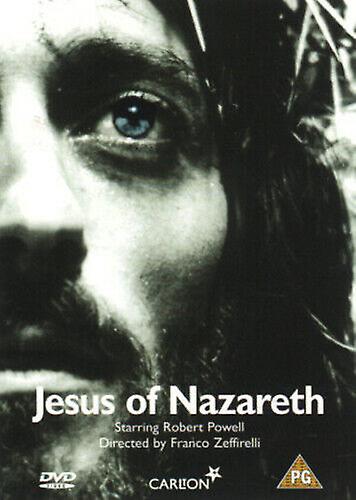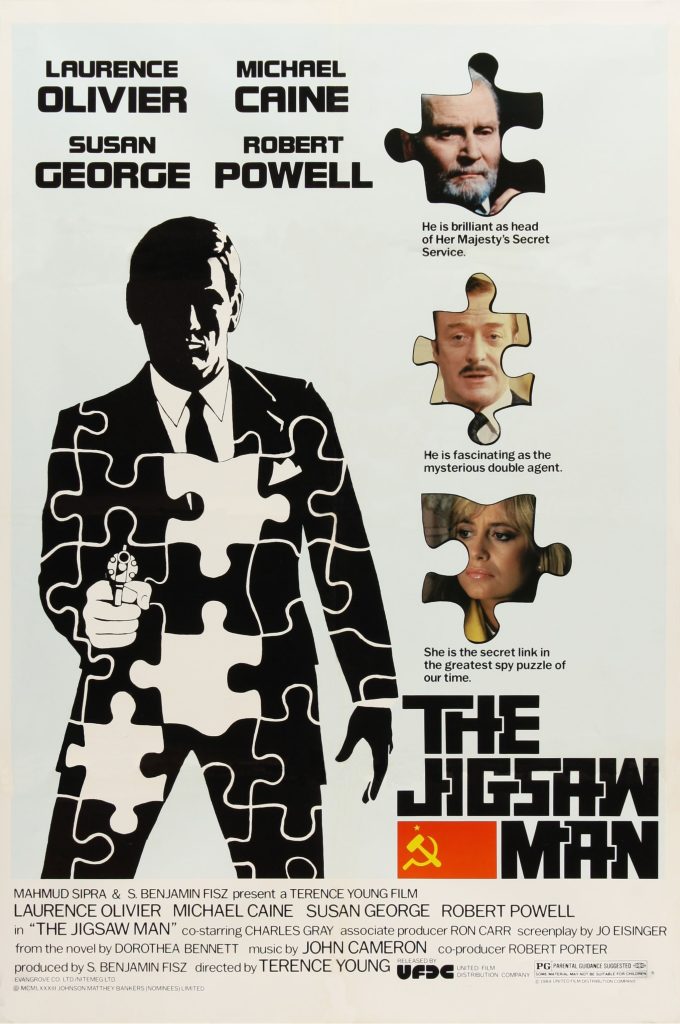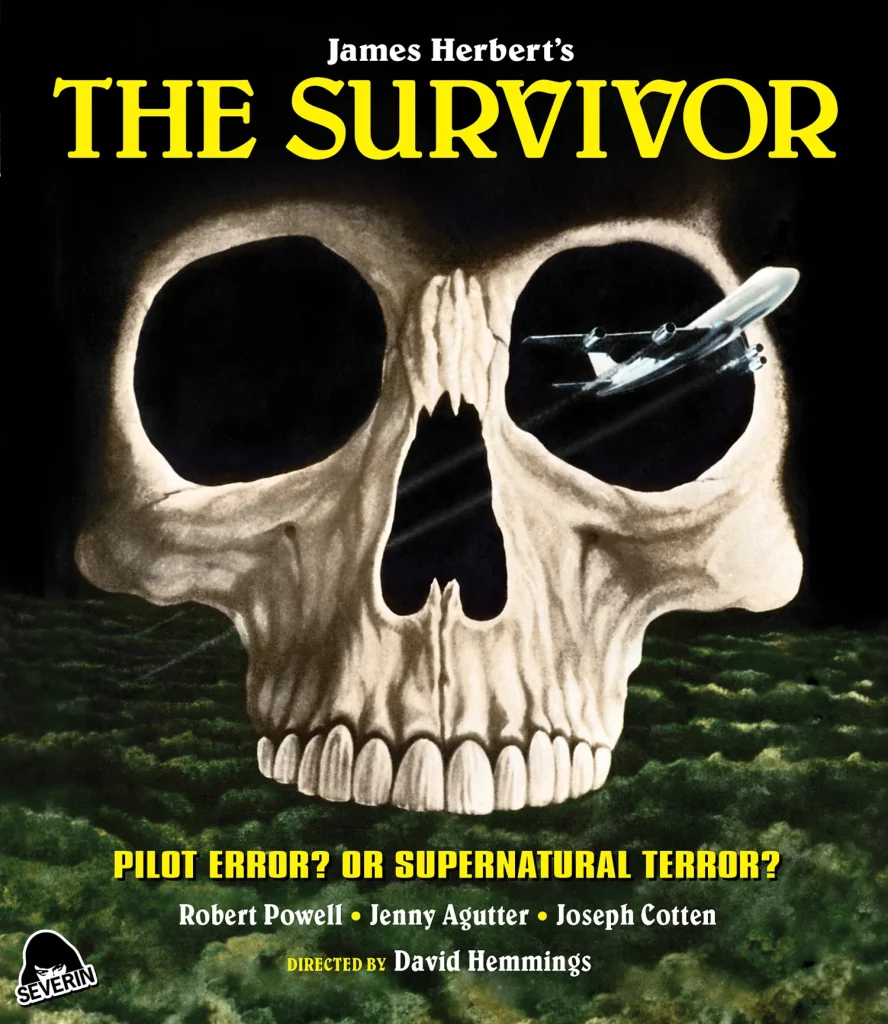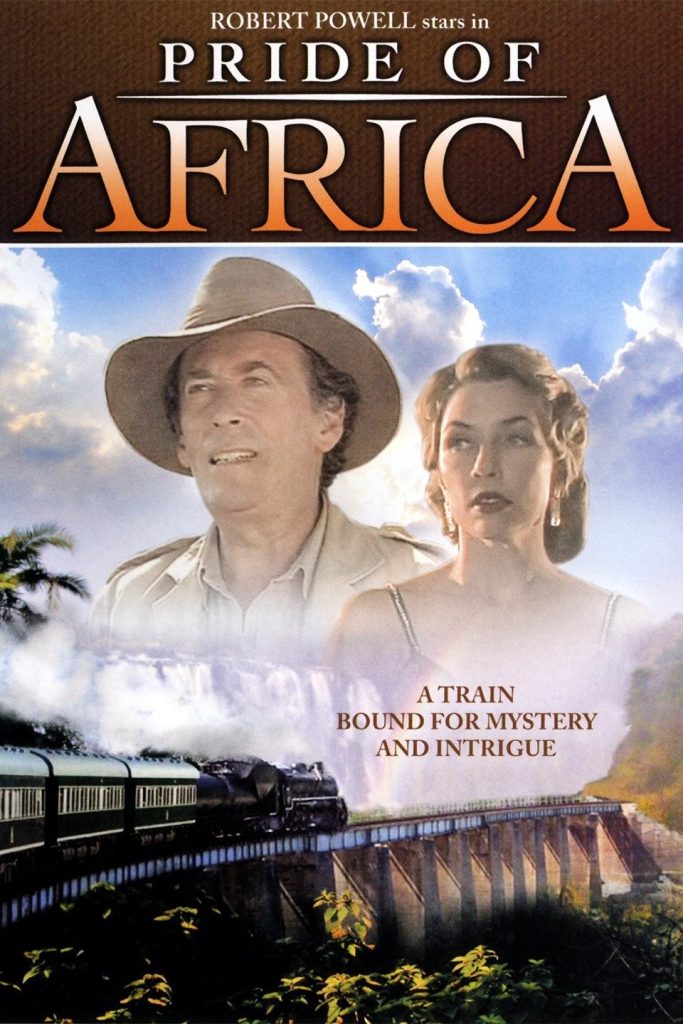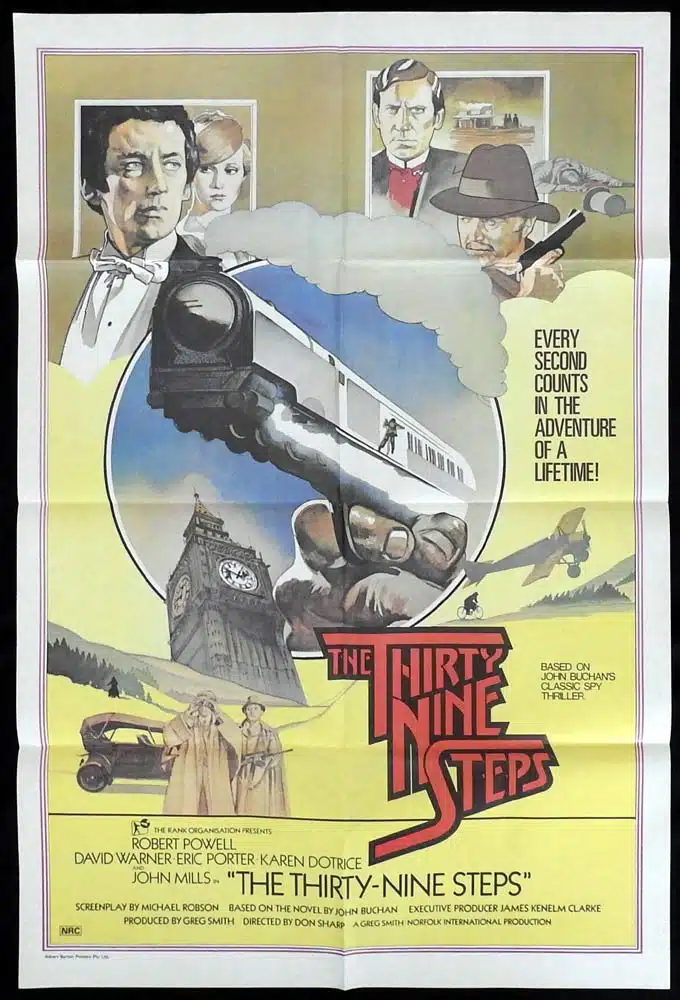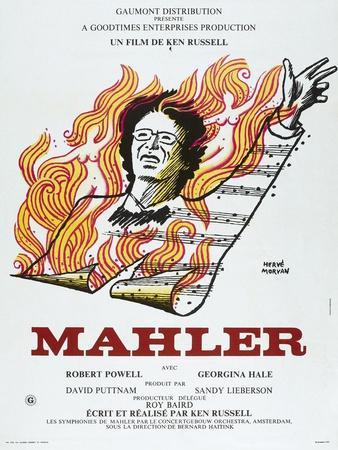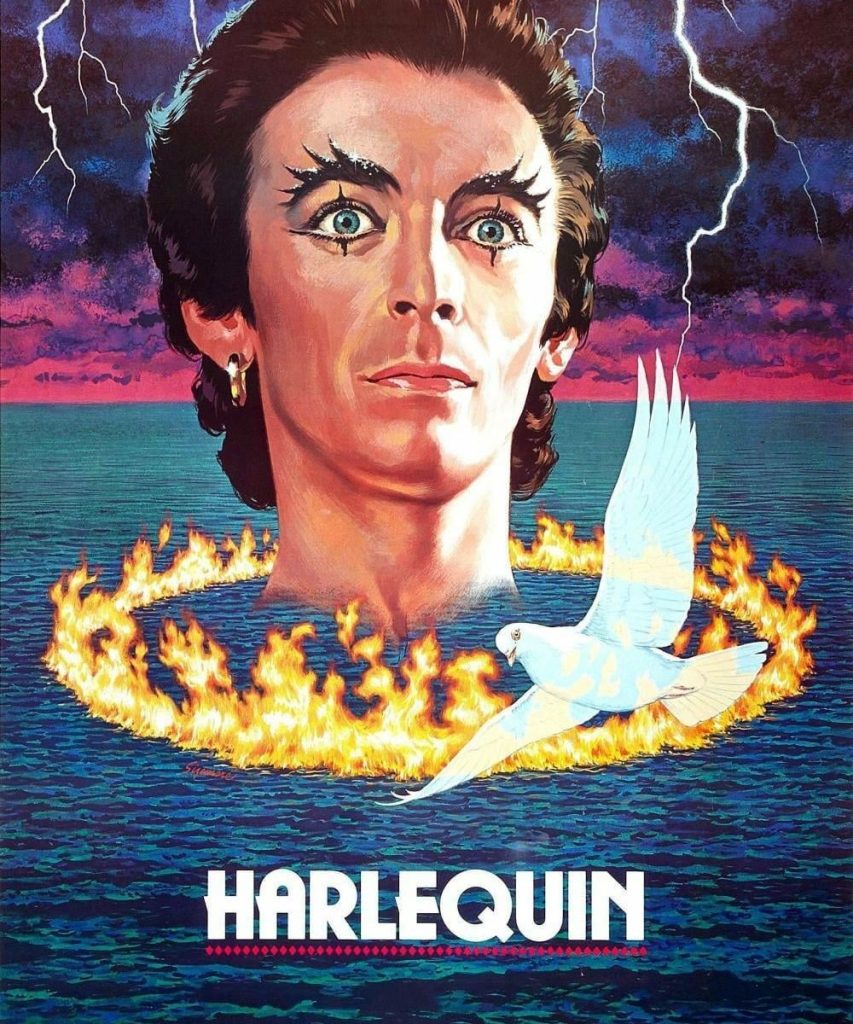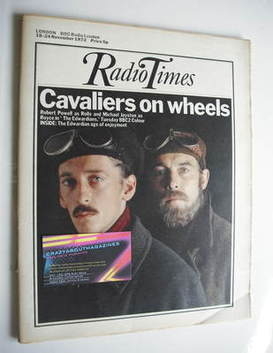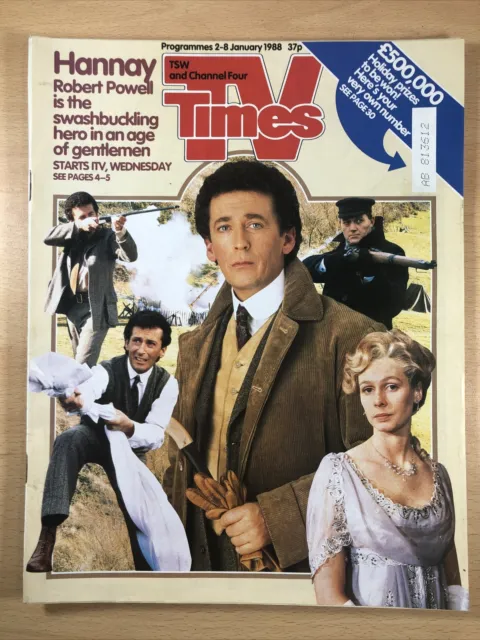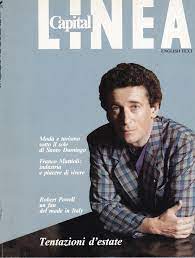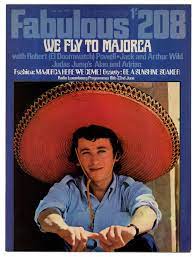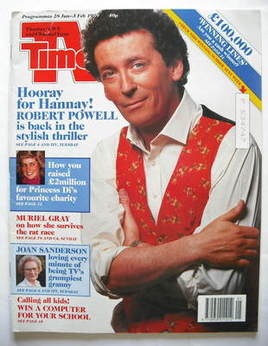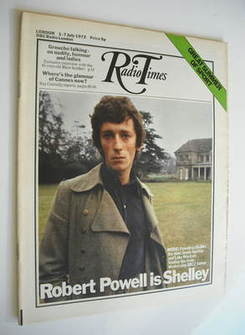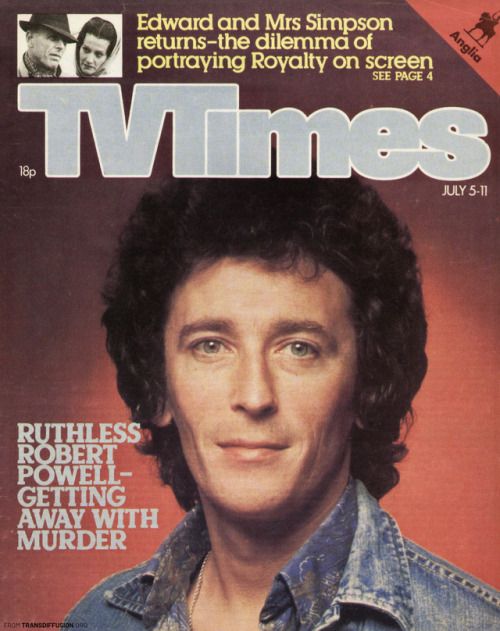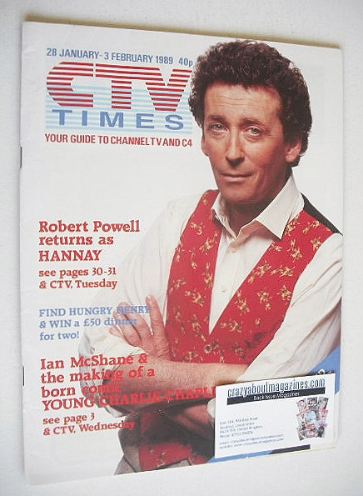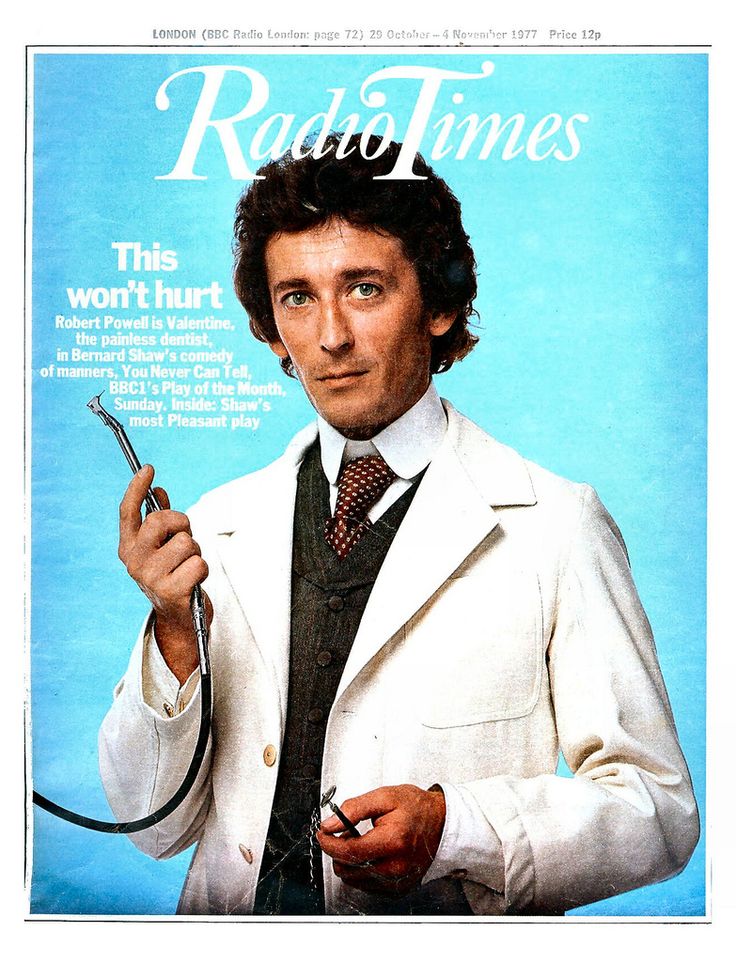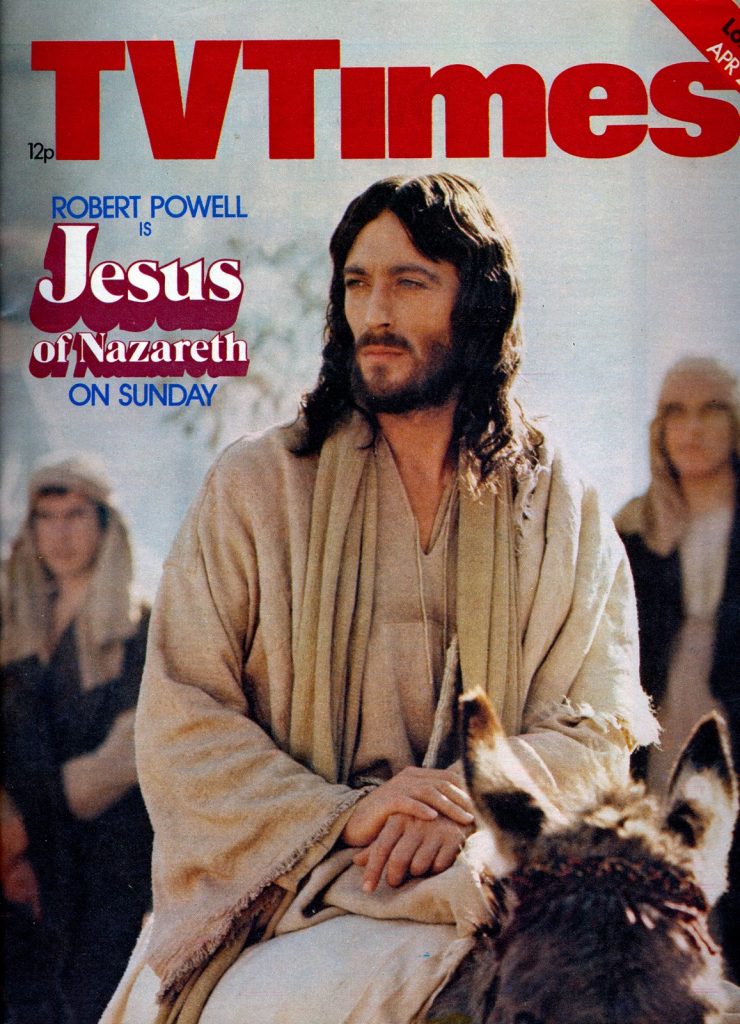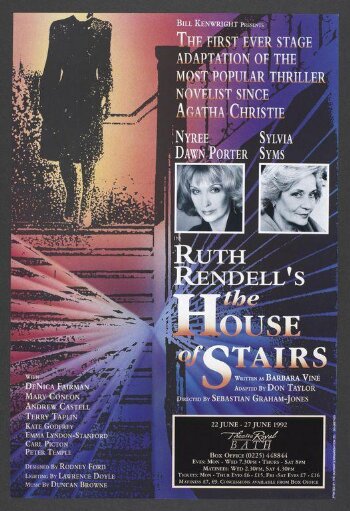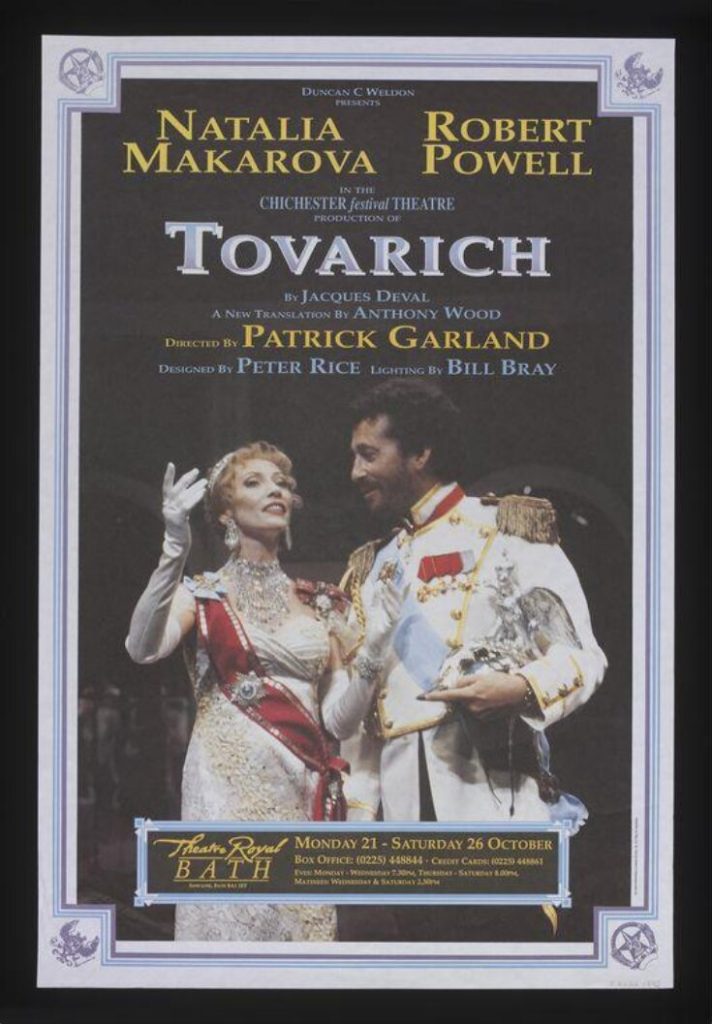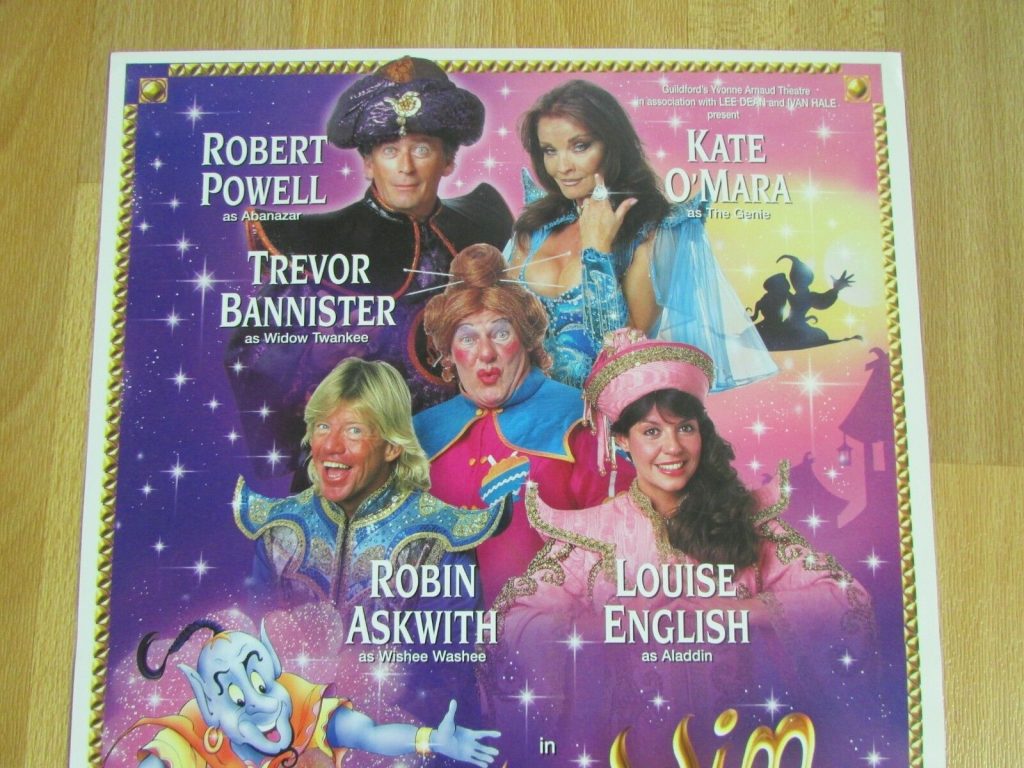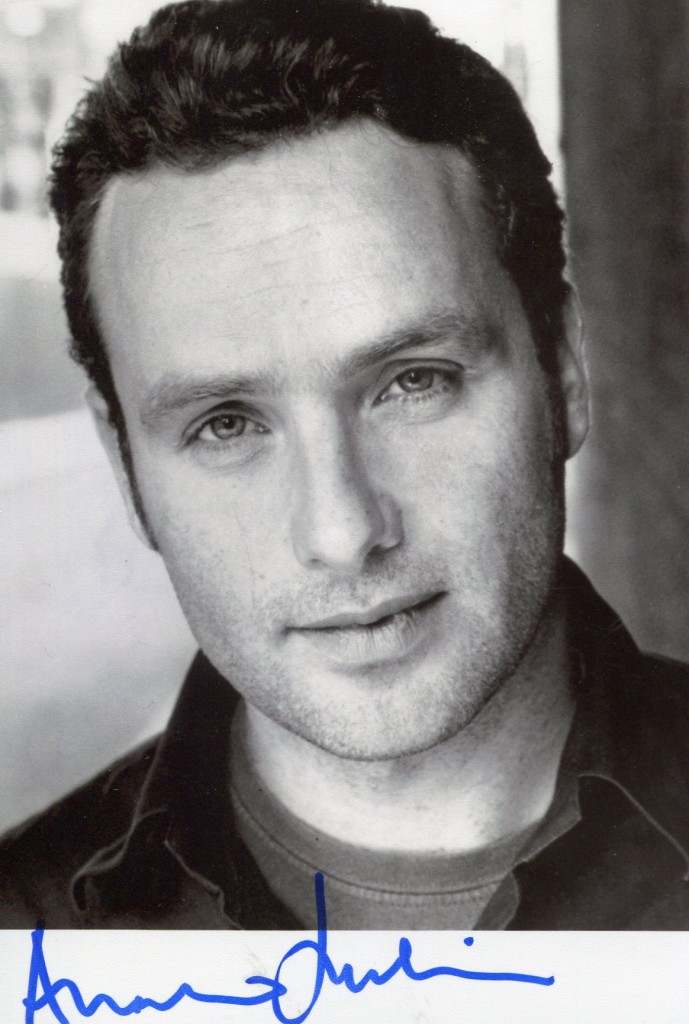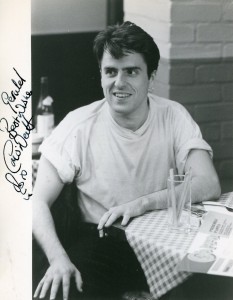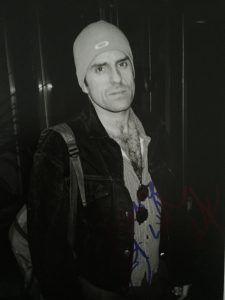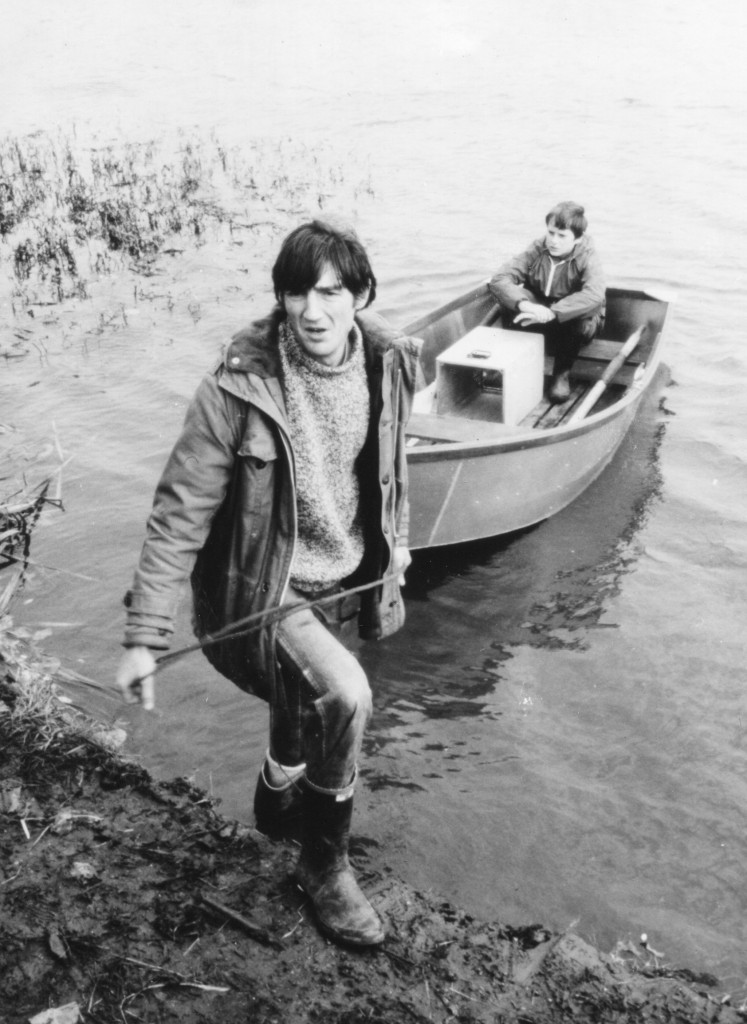
Derrick O’Connor obituary in “The Scotsman”.
Derrick O’Connor made three films with Terry Gilliam, he took on Mel Gibson in hand-to-hand combat as a memorable and particularly nasty South African villain in Lethal Weapon 2 in 1989 and he wound up in the Pirates of the Carribean franchise.
But O’Connor honed his craft on stage in Edinburgh in the 1960s and 1970s, working with both the Traverse and Royal Lyceum theatre companies before heading for Hollywood, where his talents seemed to fit comfortably into a string of roles as criminals and priests.
He was born in Dublin in 1941, but grew up in London and in his twenties relocated to Edinburgh, where he appeared in several Traverse productions in the late 1960s, including Megan Terry’s experimental “theatre game” Comings and Goings and The Lunatic, The Secret Sportsman and The Woman Next Door, satirical theatre by the one-time Scotsman television critic Stanley Eveling.
O’Connor worked with the Royal Lyceum Theatre company at a particularly auspicious time when Richard Eyre was director in the early 1970s. He was Biondello in The Taming of the Shrew, with Antony Webb as Petruchio and Kika Markham as Katharina. His other Lyceum productions included Oh! What a Lovely War and Harold Pinter’s The Caretaker.
By the early 1970s he was also getting small roles in television and film. His association with Gilliam began on the 1977 fantasy film Jabberwocky, which was inspired by the Lewis Carroll poem about the eponymous monster. O’Connor was credited in the role of “flying hogfish peasant”.
He was the robber leader in Gilliam’s Time Bandits (1981) and played Dowser, a sinister Central Services character in Gilliam’s Kafkaesque comedy-drama Brazil (1985).
In audio commentary for the DVD releases, Gilliam revealed that unlike most actors O’Connor was very happy to cut down on his number of lines. In Time Bandits he communicates in grunts. In Brazil he spent much of his time echoing the dialogue of his partner Spoor, played by Bob Hoskins.
Other credits from around the time include The Missionary (1982), Hope and Glory (1987) and the starring role in the Australian television comedy-drama series Stringer (1988), about a journalist who links up with a taxi driver to pursue new business ventures. He also worked with the Royal Shakespeare Company.
He got his big Hollywood break when he dyed his hair blonde and adopted a South African accent to play Pieter Vorstedt in Lethal Weapon 2. Vorstedt was a vicious South African agent involved in illegal drugs who clashes with Gibson’s character Martin Riggs. At the climax of the film the two come face to face in Los Angeles’s dockland area. Vorstedt tries to stab Riggs, but Riggs turns the knife on Vorstedt and finishes him off by dropping a cargo container on him, prompting audience cheers. CinemaBlend website noted: “Not enough good things can be said about what Derrick O’Connor brought to Lethal Weapon 2, as Pieter Vorstedt remains one of the franchise’s best characters… If you are looking for a reminder of how strong his performance was in that particular film, you can check out the scene in which he reveals that he murdered Riggs’s wife.”
Whereas some actors might fill their delivery with a perverse glee, O’Connor relates the story matter-of-factly, with only a hint of delight in his adversary’s torment.
O’Connor decided to stay on in California after Lethal Weapon, made his home in the Santa Barbara area and found fairly regular work in American television and movies, while maintaining his interest in theatre as well.
Having fallen out with Mel Gibson in Lethal Weapon 2, he got on no better with Arnold Schwarzenegger in End of Days (1999). Schwarzenegger plays an ex-cop working in private security. O’Connor’s character is a priest called Thomas Aquinas, who effectively announces the “End of Days” when he tells Schwarzenegger: “The thousand years has ended, the Dark Angel is loosed from his prison.”
Schwarzenegger is forced to kill him to save himself, but is arrested and police refuse to believe him as it transpires Aquinas had no tongue and therefore no power of speech.
O’Connor had a major recurring role as one of the heads of a crime organisation in the second season of Jennifer Garner spy drama Alias (2002), he played another priest, lecturing Ben Affleck, in the 2003 superhero movie Daredevil, and he had a small role as an old man who signs up with Johnny Depp’s crew in Pirates of the Caribbean: Dead Man’s Chest (2006).
O’Connor also worked in theatre in San Francisco and Los Angeles and he directed a stage production of Krapp’s Last Tape, by his Nobel Prize-winning compatriot Samuel Beckett, and a play called Rock Justice, by Marty Balin, better known as a member of the rock band Jefferson Airplane than for his theatre work.
He continued working until recently and is survived by his wife Mimi and son Max.

